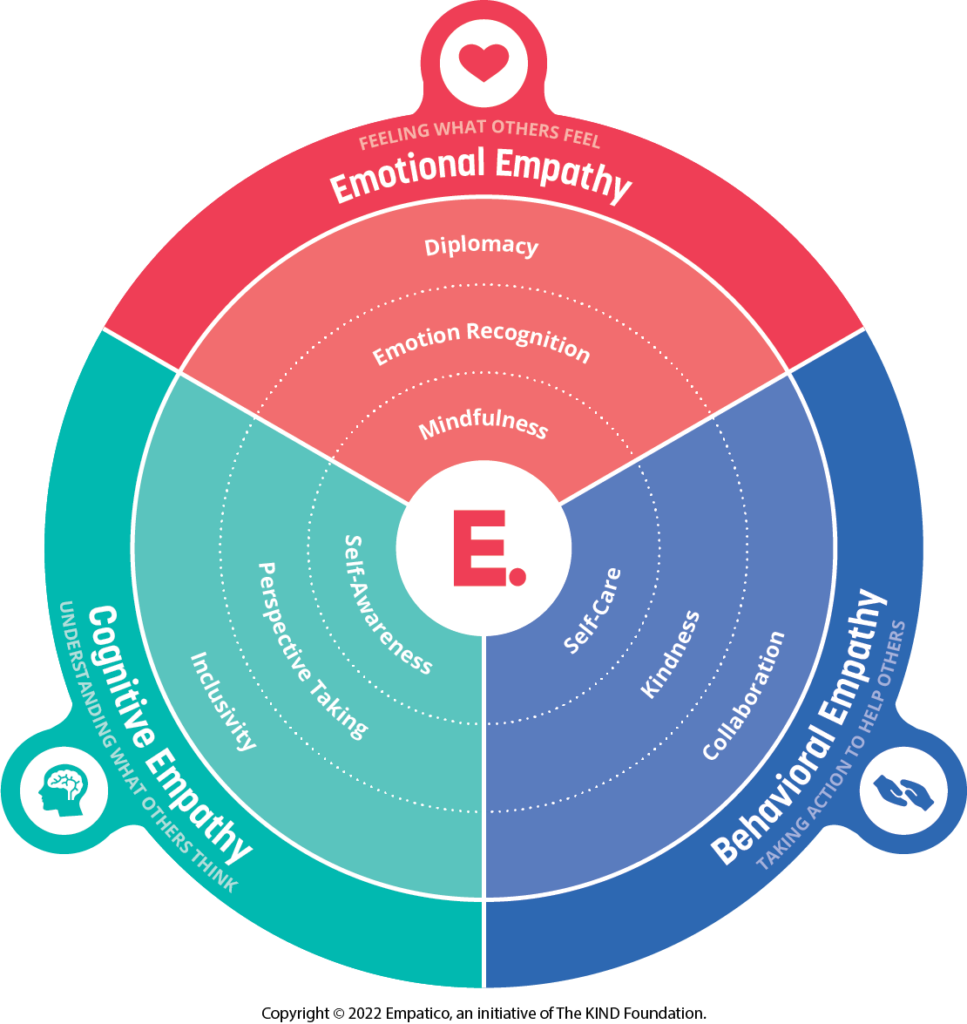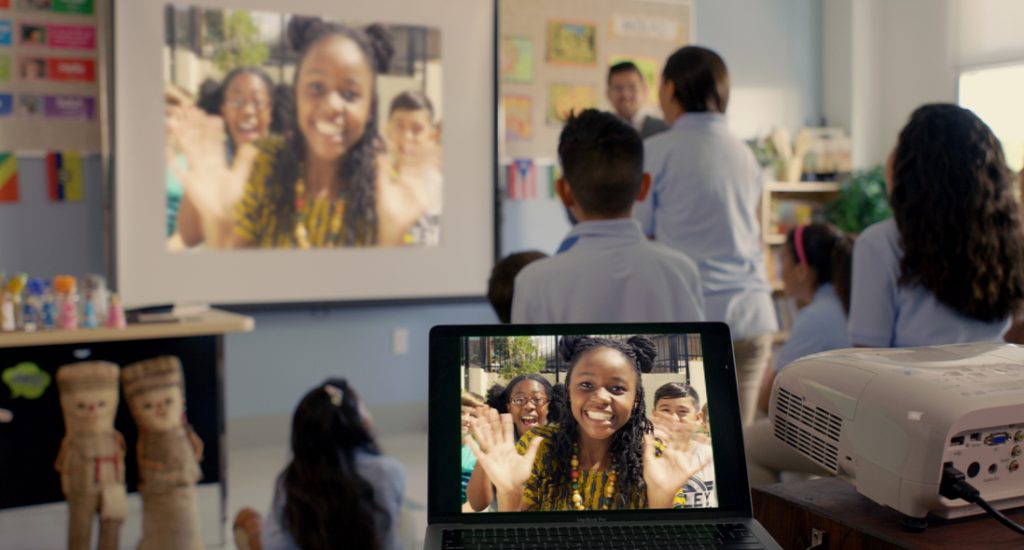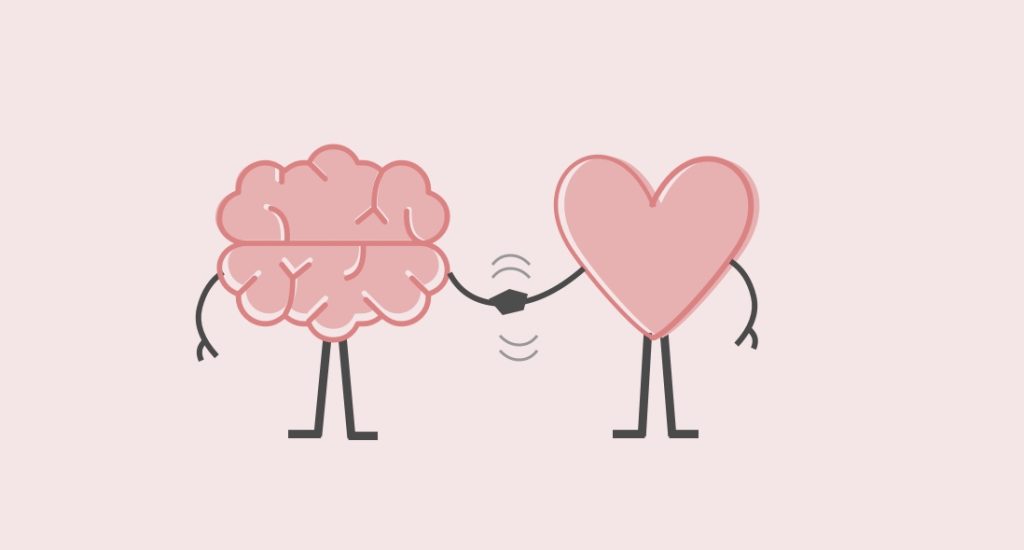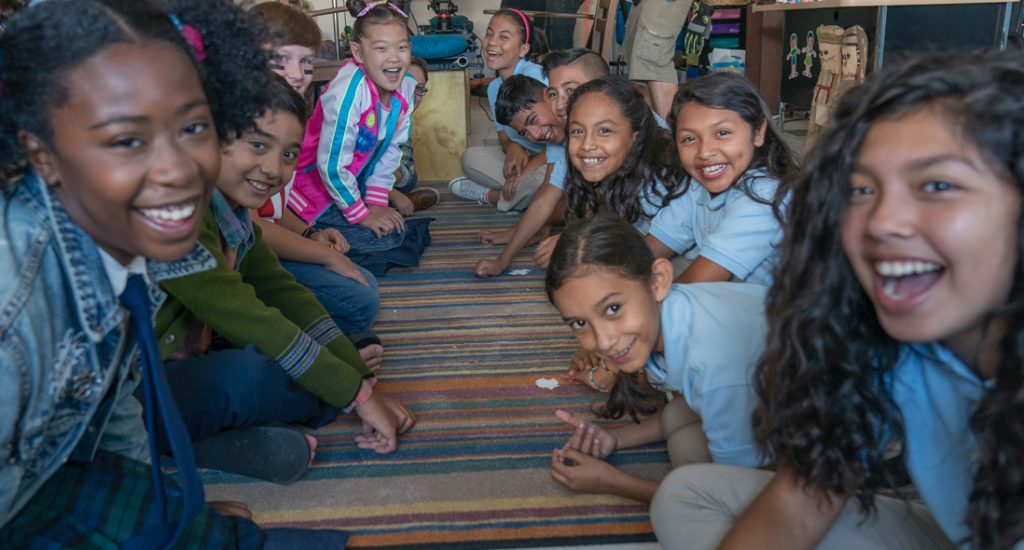In a world of rapid technological advancements, the concept of empathy, particularly its artificial counterpart, has sparked a complex debate. The emergence of ‘artificial empathy’ (AE)—the ability of AI systems to recognize and respond to human emotions—promises revolutionary changes in various sectors, from customer service to healthcare. However, how will artificial empathy actually impact human behavior and social outcomes? Are we witnessing an enhancement of empathy, or are we spiraling toward a lack of empathy and genuine connection?
What is Artificial Empathy?
Artificial empathy refers to the sophisticated capability of AI systems to detect, interpret, and respond to human emotions. This technology, which seems like a plot from a science fiction novel, is quickly becoming a reality. By analyzing voice tones, facial expressions, and even physiological responses, AI can simulate an empathetic understanding, offering tailored responses to human interactions.
However, this technological leap introduces a profound dilemma. While AI can mimic empathetic responses, the authenticity of these interactions is questionable. AI’s programmed responses are a stark contrast with the nuanced, deeply felt empathy that humans can exhibit. As we integrate artificial empathy into various sectors, we must examine not only its capabilities but also its limitations. Artificial empathy, no matter how advanced, lacks the intrinsic human qualities of compassion, understanding, and genuine emotional connection that define true empathy. We must analyze the role and impact of artificial empathy, especially in environments as formative as educational settings.
The Dark Side of Artificial Empathy
As we usher in this new era of artificial empathy, we face a chilling paradox. This technology, designed to simulate human empathy, bears an unnerving resemblance to the manipulative tactics often attributed to psychopathic behaviors. Artificial empathy’s ability to respond to human emotions, while sophisticated, lacks the genuine depth and understanding that true empathy requires. This emerging scenario is particularly alarming when considering the mental health crisis among our youth.
The risks to youth are evident. 1 in 5 children under age 17 in the U.S. have a mental or developmental health disorder, youth anxiety and depression increased by 50% in recent years, and 1 in 5 U.S. students report being bullied. A technology like artificial empathy that promises connection could instead exacerbate isolation. Over half of U.S. high school students report not feeling connected to their peers. Many young people, already struggling with feelings of disconnection, may turn to AI for comfort. However, this comfort is an illusion, a digital mirage that lacks the warmth of human understanding.

Introducing artificial empathy to these young individuals, who are already facing an uphill battle with mental health, could initiate a cycle of synthetic empathy, manipulating their emotional needs. The danger lies not just in the potential emotional manipulation by AI, but in the gradual erosion of genuine human connections – the very fabric that binds our emotional well-being. Additionally, AI can carry the blindspots and biases of its creators and perpetuate harmful stereotypes, racism, and sexism. This further harms the youth turning to these technologies.
Artificial empathy presents a daunting challenge. It offers the semblance of understanding without true emotional investment or the ability to genuinely share in someone’s emotional journey. As we navigate this new terrain, it’s crucial to recognize the irreplaceable value of authentic human empathy, particularly in nurturing the mental and emotional health of our youth. This moment calls for us to examine how we incorporate technology into youth’s lives to support, rather than undermine, their emotional development.
Authentic Empathy: A Remedy for the Lack of Empathy
In a world where the lack of empathy is becoming increasingly evident, the importance of fostering authentic empathy, especially among youth, cannot be overstated. Empathy is a skill that can be developed with practice. It allows us to forge meaningful connections, develop a nuanced understanding of the world, and act with compassion. It’s a vital personal and professional skill in an interconnected world, addressing the growing concern about the lack of empathy in society.
Recognizing the crucial role of empathy in youth development, Empatico developed a comprehensive Empathy Framework. This framework is designed to promote a healthy growth in empathy among students, focusing on three key dimensions: emotions, thoughts, and actions (or, emotional, cognitive, and behavioral empathy). By nurturing all three dimensions, Empatico aims to combat the lack of empathy in today’s fast-paced, technology-driven world. Empatico is ensuring that our future generations are equipped with the skills necessary for emotional intelligence and understanding.

A more empathetic society can lead to greater tolerance, more acts of kindness, and an enhanced sense of community. Empathy positively influences mental, physical, and emotional health, creating a foundation for healthier, more resilient individuals and communities.
In school settings, improved student-teacher relationships emerge when teachers understand and empathize with their students’ experiences, leading to a more supportive and inclusive classroom environment. This can reduce behavioral and learning problems, as students feel more valued and understood. Furthermore, authentic empathy cultivates a sense of social connection among students, essential for their emotional and psychological well-being. It counters trends of isolation, bullying, and lack of empathy. Students with enhanced empathetic skills can better resolve conflicts amicably and accept differences among peers, leading to a more harmonious and respectful school climate.
Schools that prioritize empathy often see a ripple effect in academic success. Students in empathetic environments tend to experience less anxiety, are more engaged in learning, and demonstrate higher academic achievement. Empathy encourages a collaborative learning atmosphere, where students are more open to sharing ideas and supporting each other’s learning journeys.
How Empatico Uses Technology to Foster Authentic Empathy
In an era where artificial empathy and digital interactions could overshadow genuine human connections, platforms like Empatico can be a pioneering force, using technology to facilitate, not replace, real human interactions. Empatico’s innovative approach to leveraging technology in education stands in stark contrast to the superficial connections fostered by artificial empathy.
Empatico’s platform demonstrates how thoughtfully-applied technology can enhance human connections rather than diminish them. The platform’s specially designed empathy-building curricula, rooted in the Empathy Framework, guide classrooms through dynamic and impactful activities.

This technological ecosystem also enables educators to connect with partner classrooms around the world through live video and asynchronous communication. During these exchanges, Empatico’s structured activities come into play, thoughtfully designed to break down barriers and foster genuine connections. The activities involve sharing personal stories, participating in joint tasks, or even playing games that reveal common interests and values. Students might engage in a project where they share their local culture, discuss everyday life, or collaboratively solve a problem. These activities are not just educational; they are experiential and interactive, allowing students to explore and appreciate differences and similarities in a safe and guided environment.
Empatico’s activities encourage open communication, active listening, and mutual respect. Through these interactions, students learn to empathize with peers from diverse backgrounds, gaining insights into different ways of life. These connections are genuine and foster a global understanding among students, a stark contrast to the often isolated interactions experienced in platforms reliant on artificial empathy.
Charting a Path to Authentic Empathy
The critical need for authentic empathy, especially within the realm of education, is clearer than ever. The stark contrast between the superficiality of artificial empathy and the depth of genuine human empathy highlights a societal challenge. The lack of empathy in artificial empathy-driven interactions risks deepening isolation among youth, who are already grappling with escalating mental health issues. On the other hand, initiatives like Empatico illustrate the transformative potential of technology to support, rather than supplant, human connections. Empatico’s platform offers a window into a world where empathy is not just taught but actively practiced, connecting classrooms globally and fostering genuine understanding and compassion among students.
The benefits of authentic empathy in education are far-reaching: enriched student-teacher relationships, social harmony, improved academic outcomes, and reduced anxiety. As we confront the challenges posed by an AI-dominated landscape, it becomes imperative to champion and nurture real empathy. It is this authentic empathy that holds the key to building more tolerant, inclusive, and emotionally healthy societies.
To begin this journey towards fostering human connections, I encourage educators and caregivers to explore the power of authentic empathy. Sign up for an Empatico account at https://empatico.org/sign-up and join the movement towards creating a more empathetic, understanding, and connected world.



